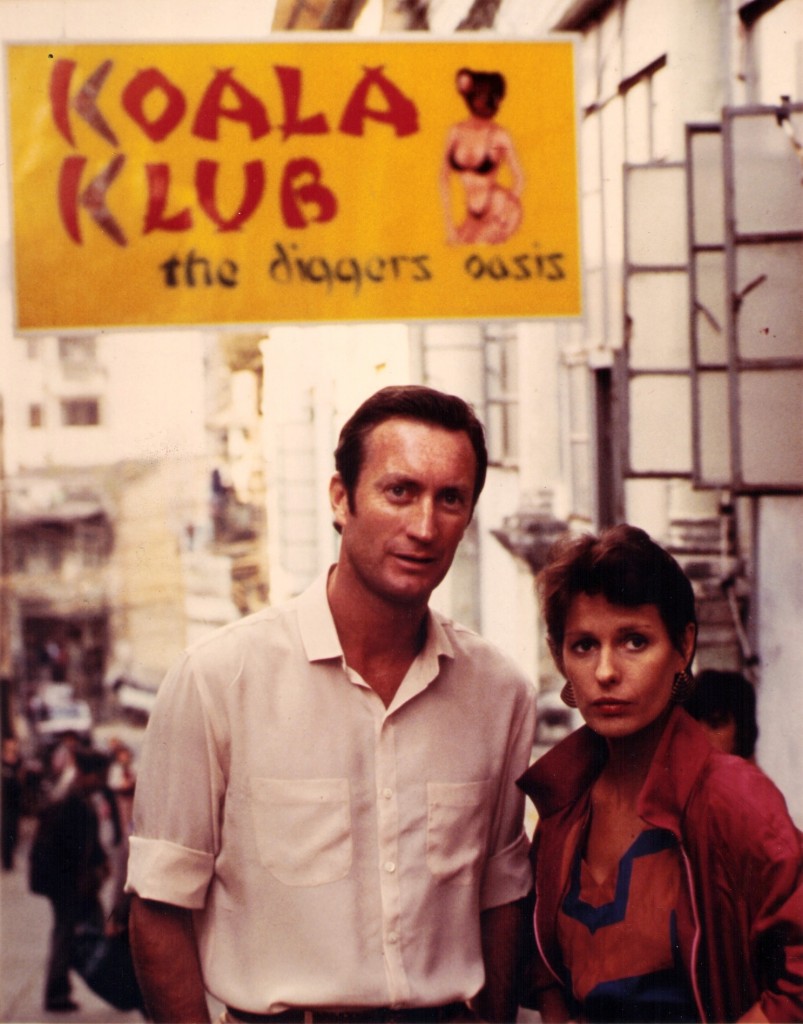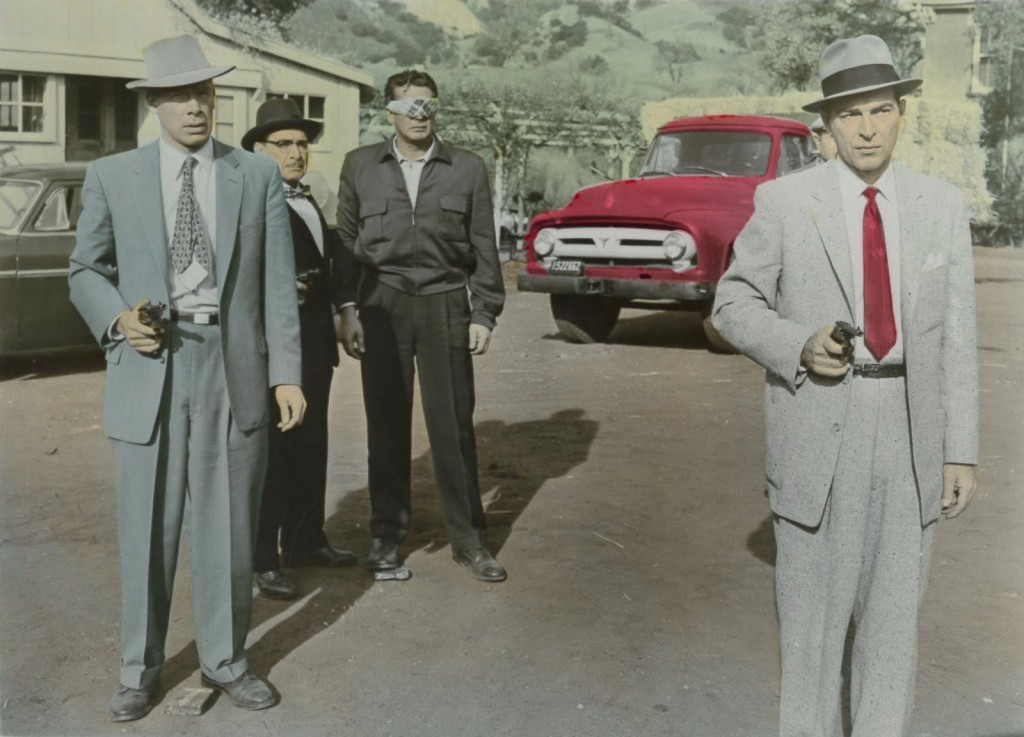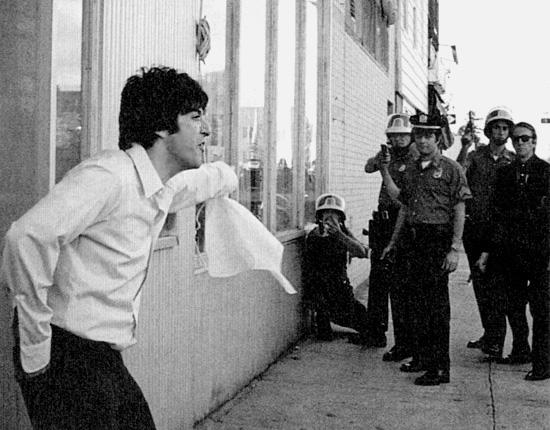Search
-
Recent Posts
- Dishing up Pulp Curry in a new way: why I am starting a Substack newsletter
- Book reviews: Deadly dames, midcentury Brit pulp and 1970s science fiction
- Mackenna’s Gold (1969): Gold, Ghosts and Frontier Violence
- Orphan Road book launch
- Orphan Road now available
- Pre-orders open for my new novel, Orphan Road
- Cover reveal: Orphan Road, my follow up to Gunshine State
- Breakfast in the Ruins podcast: New English Library Bikermania
- Why 1973 was the year Sidney Lumet took on police corruption
- Men’s Adventure Quarterly: Gang Girls issue
Categories
- 1960s American crime films
- 1970s American crime films
- 1980s American crime films
- 1990s American crime films
- Adrian McKinty
- Albert Dekker
- Andre De Toth
- Angela Savage
- Angie Dickinson
- Anthony Zerbe
- Asian noir
- Australian crime fiction
- Australian crime film
- Australian noir
- Australian popular culture
- Australian pulp fiction
- Australian television history
- Ava Gardner
- Beat culture
- Belmont Tower Books
- Ben Wheatley
- Billie Whitelaw
- Black pulp fiction
- Blaxsploitation
- Book cover design
- Book Reviews
- British crime cinema
- British pulp fiction
- Bryan Brown
- Burt Lancaster
- Carter Brown
- Charles Durning
- Charles Willeford
- Chester Himes
- Christopher G Moore
- Christopher Lee
- Cinema culture
- Claude Atkins
- Coronet Books
- Crawford Productions
- Crime Factory
- Crime Factory Publications
- Crime fiction
- Crime fiction and film from Africa
- Crime fiction and film from Cambodia
- Crime fiction and film from China
- Crime fiction and film from India
- Crime fiction and film from Indonesia
- Crime fiction and film from Japan
- Crime fiction and film from Laos
- Crime fiction and film from Latin and Central America
- Crime fiction and film from Malaysia
- Crime fiction and film from New Zealand
- Crime fiction and film from Scandinavia
- Crime fiction and film from Singapore
- Crime fiction and film from South Korea
- Crime fiction and film from Thailand
- Crime fiction and film from the Philippines
- Crime Fiction and film set in Vietnam
- Crime film
- Dangerous Visions and New Worlds Radical Science Fiction 1950 to 1985
- David Goodis
- David Peace
- David Whish-Wilson
- Derek Raymond
- Diana Dors
- Dirk Bogarde
- Don Siegel
- Don Winslow
- Donald Westlake aka Richard Stark
- Dystopian cinema
- Ernest Borgnine
- Eurocrime
- Fawcett Gold Medal Books
- Femme fatale
- Fernando Di Leo
- Filipino genre films
- Film Noir
- Forgotten Melbourne
- French cinema
- French crime fiction
- Garry Disher
- Gene Hackman
- George V Higgins
- Georges Simenon
- Ghost Money
- Giallo cinema
- Gil Brewer
- Girl Gangs, Biker Boys and Real Cool Cats: Pulp Fiction & Youth Culture, 1950-1980
- Gloria Grahame
- Gold Star Publications
- Gregory Peck
- Gunshine State
- Heist films
- Horror
- Horwitz Publications
- Humphrey Bogart
- Ian Fleming
- Interviews
- Ira Levin
- James Caan
- James Crumley
- James Ellroy
- James Hadley Chase
- James Woods
- Jim Brown
- Jim Thompson
- Joel Edgerton
- John Frankenheimer
- Joseph Losey
- Karen Black
- Kerry Greenwood
- Kinji Fukasaku
- Larry Kent
- Laura Elizabeth Woolett
- Lee Marvin
- Leigh Redhead
- Lindy Cameron
- M Emmet Walsh
- Mad Max
- Mafia
- Malla Nunn
- Martin Limon
- Megan Abbott
- Melbourne International Film Festival
- Melbourne Writers Festival
- Men's Adventure Magazines
- Michael Caine
- Michael Fassbender
- Mickey Spillane
- Monarch Books
- Ned Kelly Awards
- Neo Noir
- New English Library
- Newton Thornburg
- Noir Con
- Noir fiction
- Non-crime reviews
- Oren Moverman
- Orphan Road
- Ozsploitation
- Pan Books
- Parker
- Paul Newman
- Peter Boyle
- Peter Corris
- Peter Strickland
- Peter Yates
- Poliziotteschi
- Pulp fiction
- Pulp fiction in the 70s and 80s
- Pulp fiction set in Asia
- Pulp Friday
- Pulp paperback cover art
- Qui Xiaolong
- Raymond Chandler
- Richard Burton
- Richard Conte
- Robert Aldrich
- Robert Mitchum
- Robert Ryan
- Robert Stone
- Rock Hudson
- Roger Smith
- Rollerball
- Rosaleen Norton
- Roy Scheider
- Rural noir
- Sam Levene
- Sam Peckinpah
- Samuel Fuller
- Science fiction and fantasy
- Scripts Publications
- Sidney Lumet
- Sidney Poitier
- Simon Harvester
- Snowtown
- Snubnose Press
- Spies
- Stanley Baker
- Sterling Hayden
- Steve McQueen
- Sticking it the the Man Revolution and Counter Culture in Pulp and Popular Fiction 1950 1980
- Stuart Rosenberg
- Tandem Books
- Tart noir
- Tartan Noir
- Ted Lewis
- Toni Johnson Woods
- True crime
- Vicki Hendricks
- Victor Mature
- Vintage mug shots
- Vintage pulp paperback covers
- Wallace Stroby
- War film
- Westerns
- William Friedkin
- Woody Strode
- Yakuza films
- Yaphet Kotto
Nothing but noir
Recommended reading
The lurid world of pulp
- 20th century Danny Boy
- American Pulps
- Bear Alley
- Bloody, Spicy, Books
- Comics Down Under
- Everything second hand
- Existential Ennui
- Greenleaf Classic Books
- Irv O. Neil's Erotica is My Trade
- Killer Covers
- Lost Classics of Teen Lit 1939-1989
- Luminist Archives
- Men's Pulp Mags
- Mporcius Fiction Log
- Murder, Mayhem and Long Dogs
- Neglected Books
- Nocturnal Revelries
- Paperback Warrior
- Paperbacks of the Gods
- Pop Sensation
- Pulp artists
- Pulp Covers
- Pulp Crazy
- Pulp Flakes
- Pulp International
- Pulp Magazines Project
- Pulp Serenade
- Realms of the Night
- Romance Fiction Has a History
- Rough Edges
- Sin Street Sleaze
- Spy Guys and Gals
- The department of Afro American Research Arts & Culture
- The Dusty Bookcase
- The Haunted World of Richard Sala
- The Moon Lens
- The Nick Carter & Carter Brown Blog
- The Pulp & Paperback Fiction Reader
- Too Much Horror Fiction
- True Pulp Fiction
- Vault of Horror
- Vintage Nurse Romance Novels
- Vintage Romance Novels
- Welcome to the Pan Paperback
- Yellow and Creased
Support This Site
If you like what I do please support me on Ko-fi
Category Archives: Crime film
Crime scene at the Melbourne International Film Festival
I don’t know what everyone else thinks, but I’ve found the last couple of Melbourne International Film Festivals a bit lacklustre, especially when it comes to crime cinema. Having just read the latest program, I’m happy to say it looks like a very different story in 2011.
Maybe it’s the influence of new artistic director Michelle Carey, but MIFF 2011 offers a veritable feast of local and international crime cinema, including a section solely devoted to the genre, Crime Scene.
That said, the tickets are not cheap and time is limited. I’m also keen to avoid films that will probably get a mainstream release soon after the festival or be easier to check out on DVD.
My top pick for MIFF 2011 is the Congalese crime thriller Viva Riva! about a small-time gangster in Kinshasa who ignites a gang war when he steals a truck load of petrol in the middle of a fuel shortage. I’ve never heard of the director, Djo Munga (who cites his chief influences as Akira Kurosawa and Sergio Leonne), but the film has done fantastically in his native Africa and if the trailer is anything to go by it’s definitely worth checking out.
Viva Riva! (2010)
Viva Riva! is one of several interesting looking films in the Crime Scene program.… Read more
Posted in 1970s American crime films, Australian crime film, Crime fiction and film from Africa, Crime fiction and film from South Korea, Crime film, Melbourne International Film Festival, Yakuza films
Tagged Drive (2011), Elite Squad: The Enemy Within (2010), Martha Marcy May Marlene (2010), Melbourne International Film Festival, Michelle Carey, Swerve (2010), The Guard (2010), The Yellow Sea (2010), Viva Riva! (2010), X (2011)
Violent Saturday
Over the weekend I managed to catch a film I’d been keen to see for a while, Richard Fleischer’s Violent Saturday. Made in 1955, it focuses on a bank robbery in small southern US town.
It’s not hard to see why it was so heavily criticised upon release. Apart from the violence there’s some pretty warts and all portrayals of the residents. The owner of the local copper mine, the town’s main business, is an alcoholic cuckold and the manager (Victor Mature) is ashamed because he never got to serve in WWII. The librarian’s a petty thief and the bank manager a peeping tom.
All this comes to a head when hoodlums (headed up by Stephen McNally and including a very young Lee Marvin) arrive in town to hit the local bank. They car jack Mature then take a local Amish family (Ernest Borgnine is the father) hostage so they can use their farm as a hide-out after the robbery.
As usual with Fleischer, a director who could walk and chew gum at the same time, it’s a good, solid effort. There’s gritty action and interesting, convincing characters.
Previously unavailable, Violent Saturday has been released by a new Melbourne outfit, Bounty Films. The DVD didn’t include any special features, just the movie.
Fast Walking: James Woods and how to do sleaze
Ever since I posted on the underrated movie Cop a few months ago, I’ve been engaged in my own James Woods film festival.
As I wrote at the time, Cop is a great little neo noir that combines the rogue cop, police procedural and serial killer genres. But it works so well due to the casting of James Woods as the central character of Detective Sergeant Lloyd Hopkins, a sleazy burnt out LAPD homicide dick trying to track down a maniac no one else thinks exists.
Watching and re-watching Wood’s films only confirms his status as the original hard-boiled bad lieutenant. With his whippet thin body and bedroom eyes, his looks are more lounge lizard than movie star perfect. And his permanently up turned lip and slightly bad skin make him look like a man with a bad past.
Starting with The Onion Field (1979), in which he played a disturbed ex-con who panics one night when he and his partner are pulled over by cops and murders one of them, Woods went on to play some of the most repellent yet strangely charismatic sleazes on film.
Videodrome (1983): This early Cronenberg effort hasn’t dated in the slightest and Woods’ is in top form as sleazy soft porn cable TV producer, Max Renn.… Read more
Posted in 1970s American crime films, 1980s American crime films, Crime film, James Woods
Tagged Against All Odds (1984), Another Day in Paradise (1998), Best Seller (1987), Casino (1995), Diggstown (1992), Eighties American crime films, Fast Walking (1982), J Emmett Walsh, James Woods, Kay Lenz, Seventies American crime films, The Onion Field (1979), True Believer (1989), Videodrome (1983)
Sidney Lumet: the prince of the New York
Anyone who has an interest in cinema from the fifties, sixties and seventies will by now be well and truly used to logging onto the Internet or picking up the newspaper, to discover that one of their favourite actors or directors has died.
So it was this morning, when I got the news that Sydney Lumet was dead at the age of 86.
Lumet made some crap films and some great films. Mostly he made great films, including Dog Day Afternoon in 1975 and Prince of the City in 1981.
Both films examined corruption and the situation of people trapped in circumstances beyond their control. They also showcased the good and the bad of the director’s beloved New York.
Clocking in at approximately 240 minutes, the much underrated Prince of the City is based on the real life case of New York cop Robert Leuci, or Daniel Ciello as he is called in the film, played by Treat Williams.
Ciello is a member of a special unit of narcotics investigators known as ‘princes of the city’ for the power they wield. Uneasy with some of the corrupt practices going on in his unit, Ciello agrees to help an internal affairs probe.
It’s a complicated, dense, claustrophobic, drawn out story that mirrors the situation facing Ciello.… Read more
























